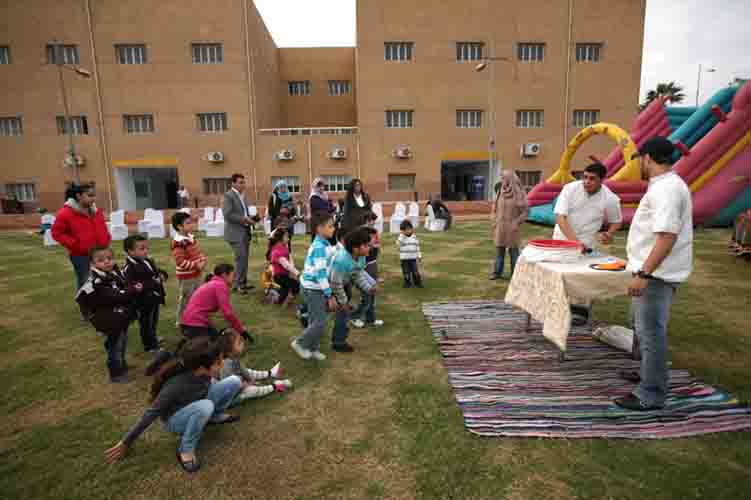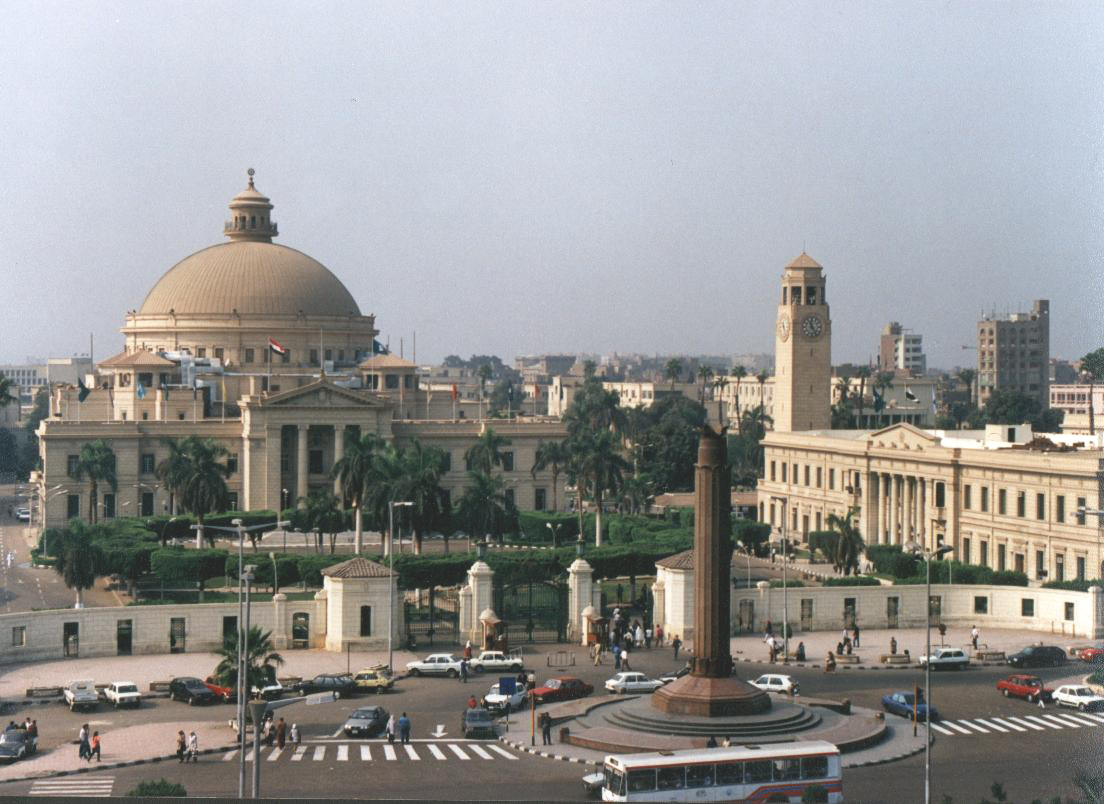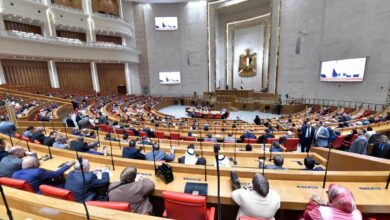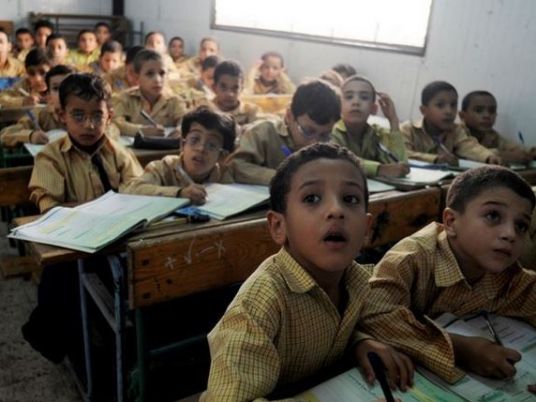
Egypt can no longer ignore its citizens with special needs, who make up five percent of the population, says Nancy Maghraby, chairwoman of the newly opened Special Education for Advancement School (SEAS).
The SEAS, as is obvious from its name, is a unique school dedicated to establishing a comprehensive education foundation for students with special needs, aged one to 21 years.
The school's main objective is to prepare young people with moderate to severe mental retardation to live independent lives and engage in their communities as active citizens.
“Looking back at history, we find many people who were disadvantaged have great influence in changing the world around us,” says Maghraby. “They are human beings who should not be marginalized by the society and deserve proper education.”
Maghraby out that the SEAS is distinguished from other schools with its highly experienced staff and positive, fully equipped environment. This combination has made the school capable of taking in students with severe mental and physical development disabilities, including cerebral palsy, autism, attention deficit hyperactivity disorder.
“Most schools or education centers refuse to admit these cases because they require constant attention every step of the way and an individualized education plan,” says Maghraby.
At the SEAS, coordinators tailor culturally sensitive curricula to each student's needs, based on research from professors at the psychology department of the American University in Cairo.
These curricula include a highly comprehensive group of subjects based on academic work, as well as practical ones such as math, science, languages, arts, music, health, social studies, physical education, multimedia education and religion.
Maghraby stresses that the earlier the intervention, the more progress and success is guaranteed.
“If parents send their children to special needs school at early age, the journey of treatment will be definitely more effective and easier even for kids with severe mental detraction,” she says.
The SEAS intends to extend its support from primary and secondary education to vocational and higher education levels.
To increase occupational and social opportunities, the school offers a number of vocational training sessions during which students engage in day-to-day activities with mini-societal institutions such as banks and organic farms.
“Students get to know the basic financial transaction and different types of currencies by having their own bank account at the mini-bank,” Maghraby explains.
The organic farm is specifically set up for planting vegetables and fruits, as well as other non-edible products like Egyptian cotton.
Maghraby says that students are also taught handicrafts including how to paint and make pottery, jewelry and hats. “Eventually, their artwork will be exhibited at international organizations as a source of encouragement and appreciation of their efforts,” she says.
Aside from its boarding school, the SEAS has a day school with sessions running from 8:30 am to 3 pm.
“Our next step is signing memorandums of understanding with private and public sectors aiming to create real opportunities for people with disabilities to thrive and contribute in their communities,” Maghraby says.




